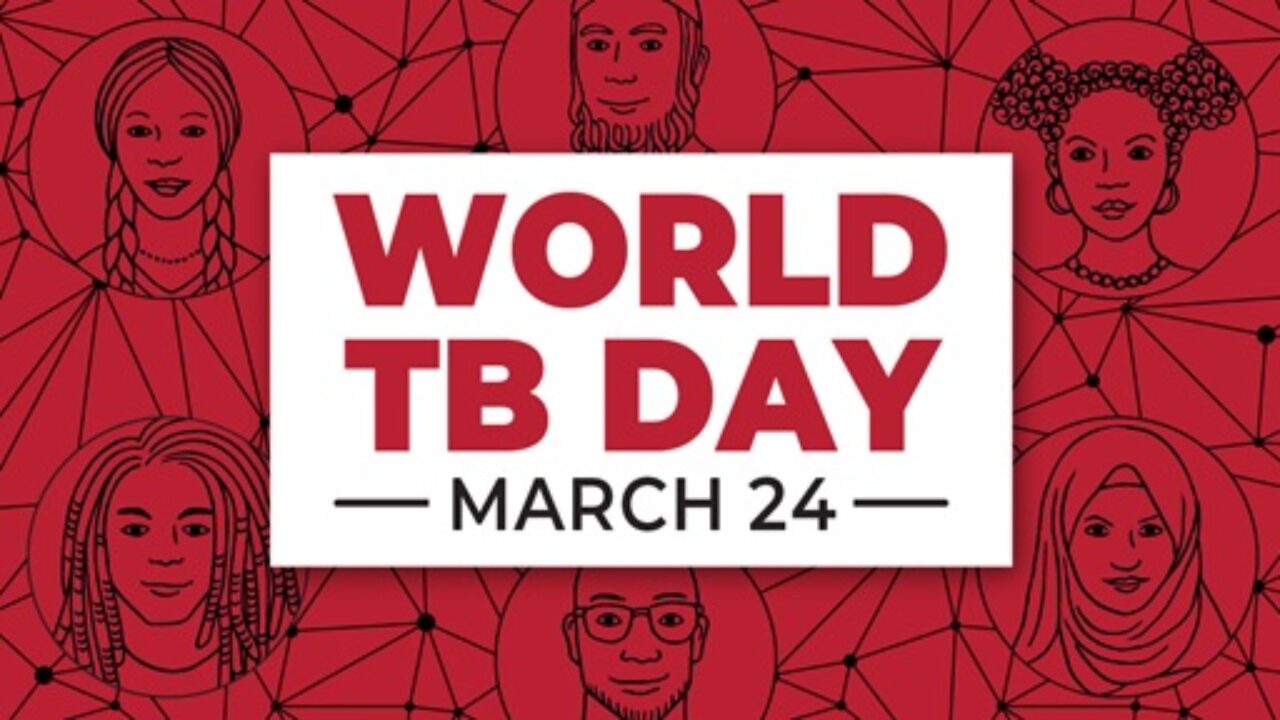24th March is annually observed as the World Tuberculosis Day, with an aim to raise awareness about TB, its treatment and prevention. The burden of tuberculosis is especially high in low- and middle-income countries, where poverty, malnutrition, and crowded living conditions contribute to its spread.
We must remember that tuberculosis is not a disease of the past and poor. It continues to be a significant threat to public health and a major barrier to social and economic development.
The WHO’s Global TB Programme has set a target of ending the tuberculosis epidemic by 2030. This can be achieved through increased investment in research and development of new diagnostic tools, drugs, and vaccines. It also requires a concerted effort from governments, healthcare providers, and communities to ensure that everyone has access to the necessary care and treatment.
To end TB, several key strategies are needed, including:
- Strengthening health systems: Ensuring that people have access to high-quality TB prevention, diagnosis, treatment, and care services.
- Expanding access to diagnosis and treatment: Increasing access to TB diagnostic tests and ensuring that people with TB have access to appropriate treatment, including drug-resistant TB.
- Addressing the social determinants of TB: Addressing the underlying social and economic factors that increase the risk of TB, such as poverty, malnutrition, and overcrowding.
- Developing new tools and technologies: Investing in research and development of new drugs, diagnostics, and vaccines for TB.
- Ensuring sustainable financing: Ensuring that TB programs have sustainable funding to support their efforts.
As individuals, we can take simple steps to protect ourselves and others from tuberculosis. This includes maintaining good respiratory hygiene, such as covering our mouth and nose when coughing or sneezing, and avoiding close contact with people who are sick. We must also support efforts to reduce the stigma associated with tuberculosis and provide support and care to those affected by the disease.Overall, ending TB will require a sustained effort and a comprehensive approach that involves governments, civil society, communities, and other stakeholders working together towards this goal.
Yes, it is possible to end tuberculosis (TB), but it will require a sustained effort and a comprehensive approach at a global level.

